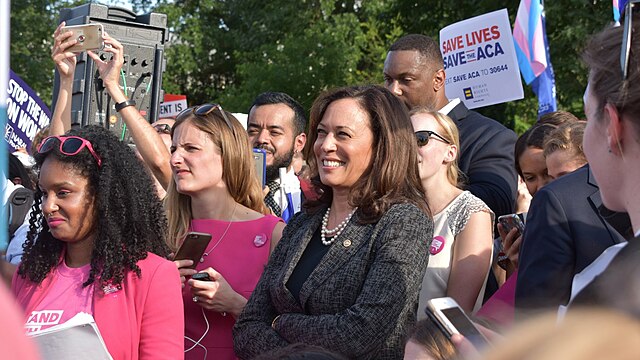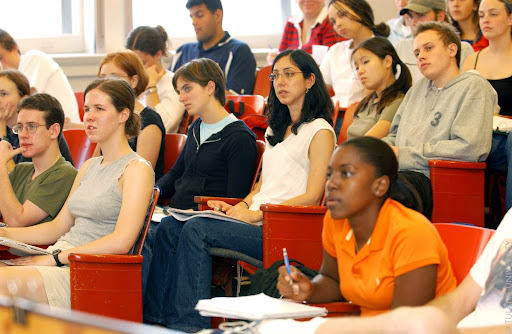Despite Haejin Song’s description of former Navy SEAL Matt Bissonette’s decision to publish a first–hand account of his part in the raid that killed Osama bin Laden as “poor” (see the Sept. 14 Guilfordian, pg. 10 – Vol. 99:Issue 4), I believe his decision shows courage and should instead be praised. Though I have not read the book, I believe that the act of publishing his personal account should be lauded as exemplar of democratic citizenship, instead of lambasted as ‘anti-American’ and ‘subversive.’ While Ms. Song does not go this far in her Guilfordian opinion article (9/14/12 Guilfordian), her statements assume, along with much of the American public discourse about Bissonette’s publication of No Easy Day, that national security somehow trumps all else when it comes to putting competing ideas in the public sphere. Such opinions underscore the extent to which the ‘securitization’ of our life, world and worldview has occurred in this country. Just as important as Dana Priest’s and William Arkin’s acclaimed reporting on the “hidden world” of “Top Secret America” (i.e. the U.S. Government’s growing security apparatus) in 2010 (see Washington Post, July 19-21, 2010), the seemingly more benign discursive forms of speech we use everyday have just as critical a role to play in the security regime we construct and maintain. In a truly deliberative democratic state shouldn’t a diversity of stories about historical events be encouraged and discussed?
By stories, I do not mean what we commonly conceive of stories as subjective accounts that do not provide clarity or deepen understanding about critical historical or political events. Instead, by stories I am talking about humankind’s primary means of meaning making. Stories, as far from simply subjective — and therefore meaningless — for making change, are instead the best means to challenge the security state, and concomitant ‘securitization’ mindset, that we all now live in complex relationship towards. As parts of wider discourse, stories, or narratives, in the words of Francesca Polletta “smuggle explanation into description, thus obscuring the fact that what came before a particular development may not be responsible for it” (Polletta, 2006, 182). In the case of Mr. Bissonette’s account, don’t the wide circulation of narrative accounts help us to make meaning out of confusing events? Don’t such authoritative accounts help to control the tendency to jump to the conclusion that there is one correct or ‘true’ account of a series of events and thus to the unquestioning assumptions that some ‘True’ account justifies our actions?
While interpretation can certainly be tricky, the political opportunity space provided by alternative accounts of what we might consider common storylines allows for a collective and deliberative re-telling of our national discourse. Like many who read this, I was shocked at the outpouring of nationalism the night that bin Laden was publicly pronounced dead by our leaders. If we are to change our national discourse about terror and the all-invasive need for security we must demand alternative stories from which to fashion new meaning.
The publication of Mr. Bissonette’s narrative account adds one more account to our attempt at meaning making, and one more account is better than none.
Categories:
Letter to the Editor: No Easy Day publication presents no easy decision
0
Tags:
More to Discover





